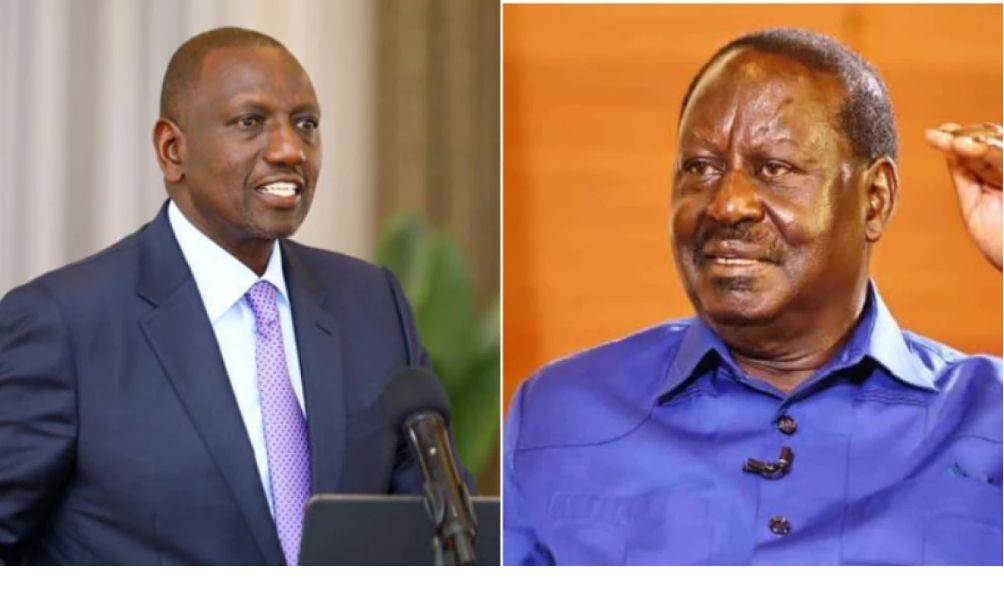National Dialogue Committee Pushes to Prolong Senators’ Term Length to 10 Years
On Tuesday, February 20, Senate Minority Leader Aaron Cheruiyot suggested extending the senatorial term from the standard five years to a decade. He justified this proposal by emphasizing the importance of achieving equality and fairness within the Parliament.
During the presentation of the National Dialogue Committee (NADCO) report in the House, Cheruiyot raised concerns about senators receiving equivalent salaries to MPs, pointing out the disparity in their job roles.
He mentioned that a senator bears greater responsibilities compared to a Member of Parliament, and therefore, the compensation should mirror these increased duties.
To address this issue, Cheruiyot suggested that the most suitable solution to recompense the Senate would be to prolong the tenure of a senator.
“There is a proposal on how to counterbalance Parliament. A senator earns as much as an MP although geographically, you represent a higher population than an MP. There are more responsibilities that we have and are exclusive to the senate as opposed to the MPs,” he stated.
“There are good proposals that have been made and in which we can compensate the Senate. In other countries, the term for a senator is longer than that of others in lower Houses. There is the proposal to make the senate serve a longer term than the provided five years.”
Information provided by the Salaries and Remuneration Commission (SRC) indicates that members of the Senate and Members of Parliament (MPs) receive a monthly wage of Ksh710,000. In contrast, governors receive Ksh924,000, and deputy governors receive a monthly salary of Ksh621,250.
ALSO READ:
- “Two Groups, One Agenda”: Gachagua Accuses Raila of Secret Political Deals
- Exclusive: Ida Odinga’s 75th Birthday Party in Karen (Photos)
- FKF President Discloses Exact Amount Paid to Harambee Stars Players
- Gachagua’s Ally Senator John Methu Admits Ruto Might Win 2027 Elections
- Maraga Explains Why He Hasn’t Campaigned in Kisii Despite 2027 Bid
The suggestion aims to prolong the duration of senators’ terms to ten years for a single term, in contrast to the existing five-year term.
The NADCO findings were revealed last year after discussions led by a bipartisan group, with National Assembly Majority leader Kimani Ichung’wah representing the government and Wiper’s Kalonzo Musyoka representing Azimio.
The team couldn’t reach a consensus on two divisive matters, which involved eliminating the 16 percent Value Added Tax on fuel and abandoning the Housing Levy.
Cheruiyot highlighted that among the agreed-upon matters were the restructuring of the Independent Electoral and Boundaries Commission (IEBC) panel, the delineation of boundaries, and unresolved constitutional issues, including the cost of living and the enforcement of the two-thirds gender rule.
“Aside from the NADCO report, we have attached various statutory instruments which will have to be considered individually. There are further policy propositions that we have decided on that as a committee we say that this doesn’t require Parliament to do anything as we have sufficient laws to govern it,” he noted.
The NADCO report is scheduled for discussion in Parliament, and the result of these discussions has the potential to alter the direction of Kenya’s political scenario.
National Dialogue Committee Pushes to Prolong Senators’ Term Length to 10 Years
